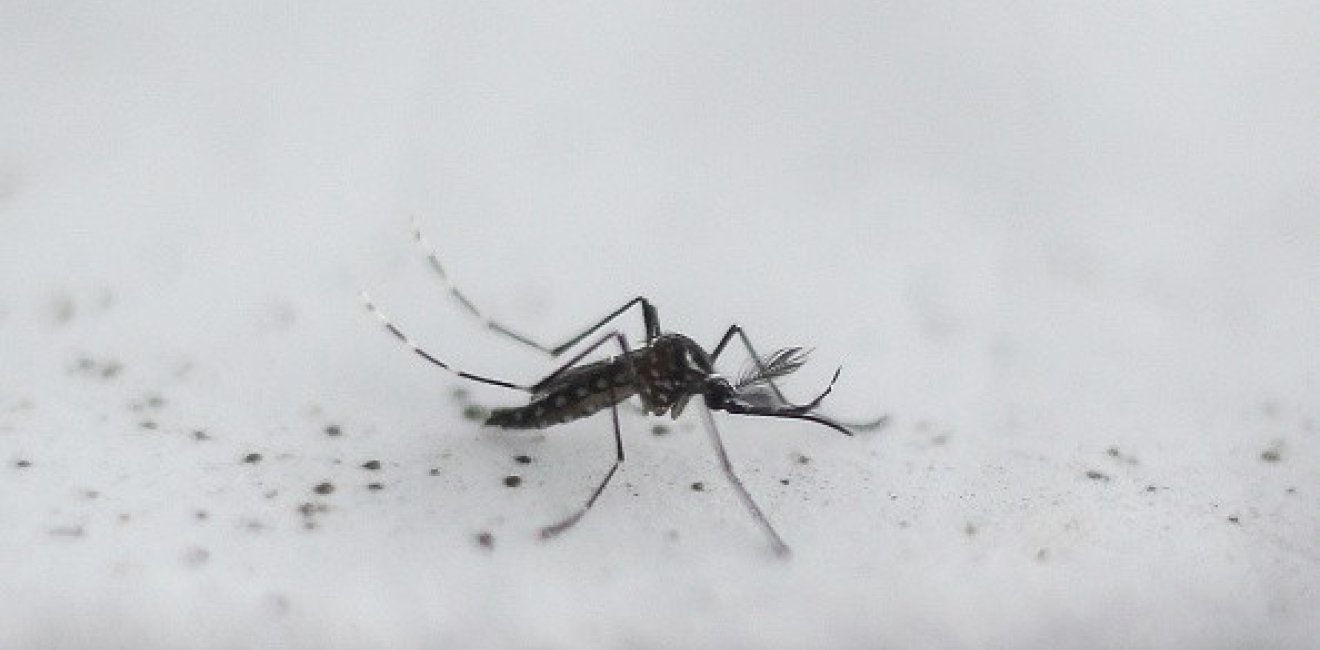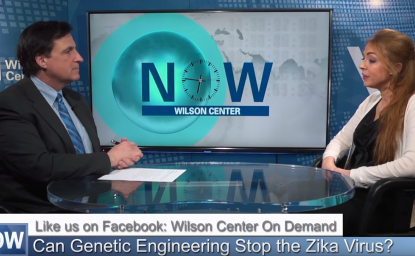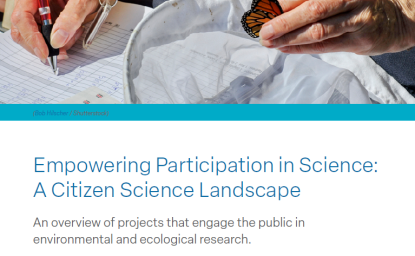The Need
Zika Virus's first transmission event on US soil in 2016 magnified the need for a framework in disease-vector mosquito monitoring the United States, and the world, was vastly unprepared for. Government run health organizations in cities and countries could not communicate or act as fast as a mosquito borne infection could spread and permanently alter a region. An inability to properly monitor and coordinate surveillance by the government reveals a different and more expansive potential monitoring network -- the public.
In April 2017, the Woodrow Wilson International Center for Scholars, along with the European Citizen Science Association (ECSA) and the United Nations Environment Program (UNEP), convened a workshop to bring together citizen science projects already focused on mosquito-vector disease detection. Workshop attendees helped scope and committed to contributing to a new Global Mosquito Alert Consortium.
The Global Mosquito Alert Consortium Vision
The Global Mosquito Alert Consortium is a new citizen science initiative that aims to leverage networks of scientists and volunteers for the global surveillance and control of mosquito species known to carry the following diseases: Zika, yellow fever, chikungunya, dengue, malaria, and the West Nile Virus.
The Global Mosquito Alert will be an open, common set of protocols and toolkit that is augmented with modular components created to meet both global and local research and management needs.
Creating a Unifying Force & Action
After reviewing the diversity of pre-existing mission statements and monitoring frameworks set by current citizen science groups, the global Mosquito Alert Consortium decided on four standardized protocols that could be employed by citizen science groups, globally.
- Real Time Vector Reporting, including information on mosquito presence and abundance.
- Larvae / Breeding Site Reporting.
- Bites / Nuisance Reporting.
- Biodiversity specimen / DNA Reporting.
To promote research on national, supra-national, and global scales, each protocol will be structured around a common list of "core" fields. These fields may be augmented by additional information collected by different local projects to suit local monitoring and control.
These protocols will be augmented by a toolkit listing interoperable technologies that support each protocol. The toolkit will also contain resources such as guidance on volunteer management, information on working with decision-makers including public health agencies and pest managers, and lesson plans for bringing Global Mosquito Alert into educational environments.
Consortium Partners
Building a global data set for real time vector monitoring takes work. So far, the following partners have joined the consortium:
Next Steps
In Fall of 2017, the Wilson Center will work with a NASA DEVELOP team in a proof-of-concept data integration combining data from three mosquito monitoring citizen science projects with NASA Earth Observations. This will demonstrate the value of a coordinated global approach for advancing research and supporting decision-making. This project may also expose critical data gaps to be addressed through local deployments, and technical hurdles towards coordinating monitoring and integrating data.
While consortium partners are predominantly based in the United States and Europe, a number of partners are pilot testing local deployments in Central America, South America, and Africa. More support is required to understand how technology can be customized to local needs and to build a truly global network.
The Global Mosquito Alert Consortium continues to hold virtual monthly meetings.
Contact
To learn more about Global Mosquito Alert, please contact Anne Bowser, anne.bowser@wilsoncenter.org.









